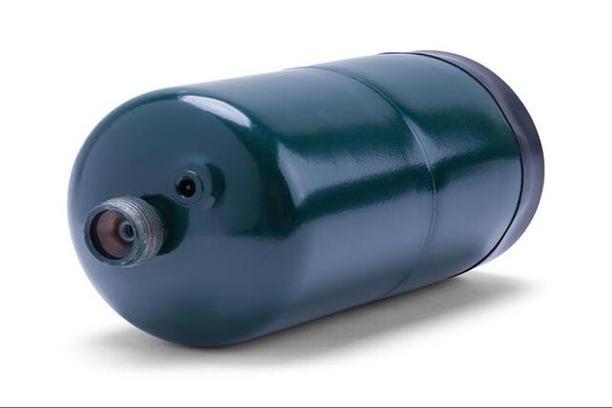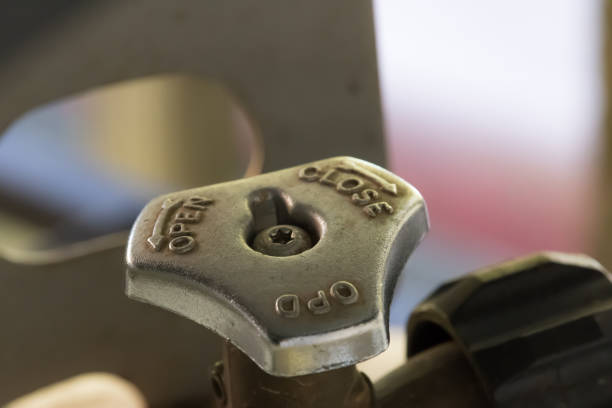The Hazards of Refilling Disposable Propane Cylinders: What You Need to Know
Propane cylinders are indispensable for various outdoor activities, from camping to picnicking and tailgating. These cylinders house highly pressurized propane gas, serving as the lifeblood of outdoor cooking, heating, and lighting. However, the allure of disposable, compact, and lightweight propane cylinders has led some to consider refilling used ones instead of purchasing new ones. Unfortunately,… Continue reading The Hazards of Refilling Disposable Propane Cylinders: What You Need to Know


